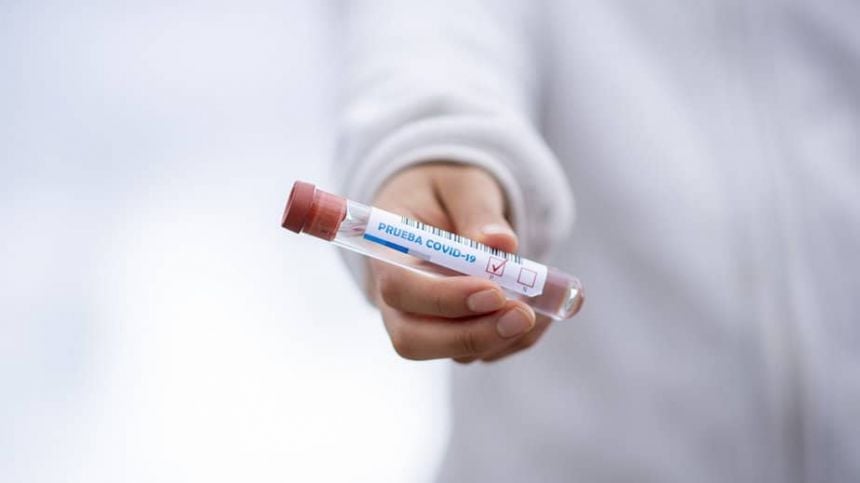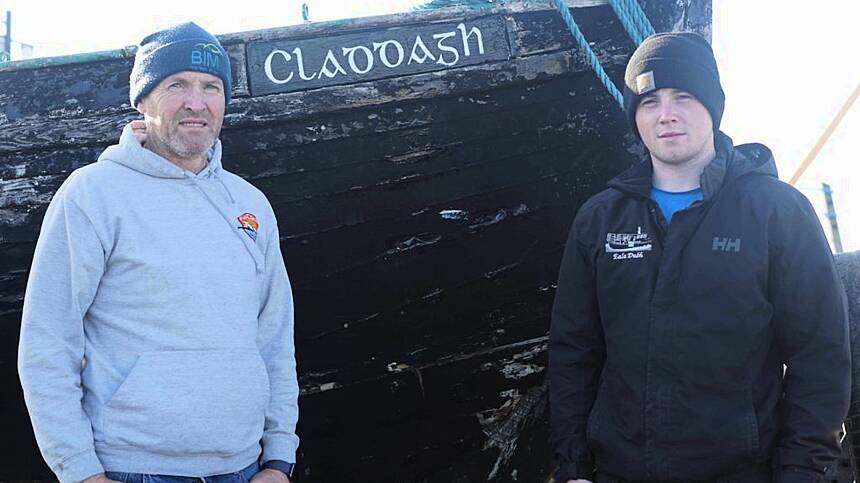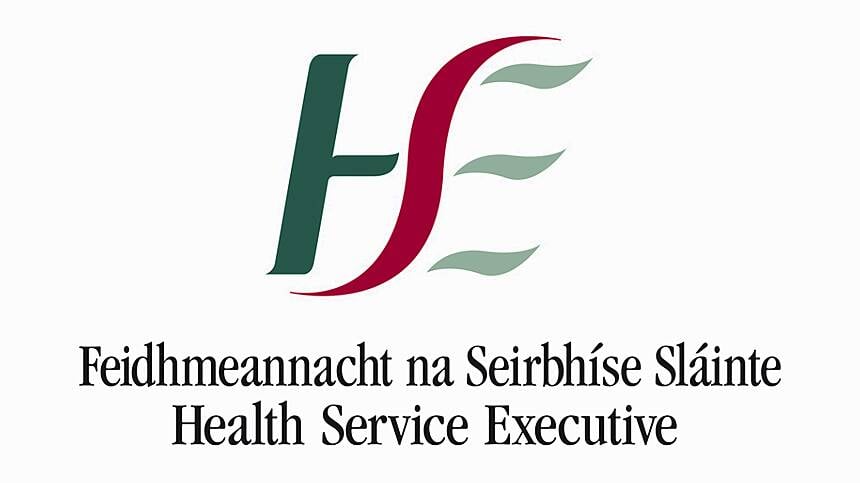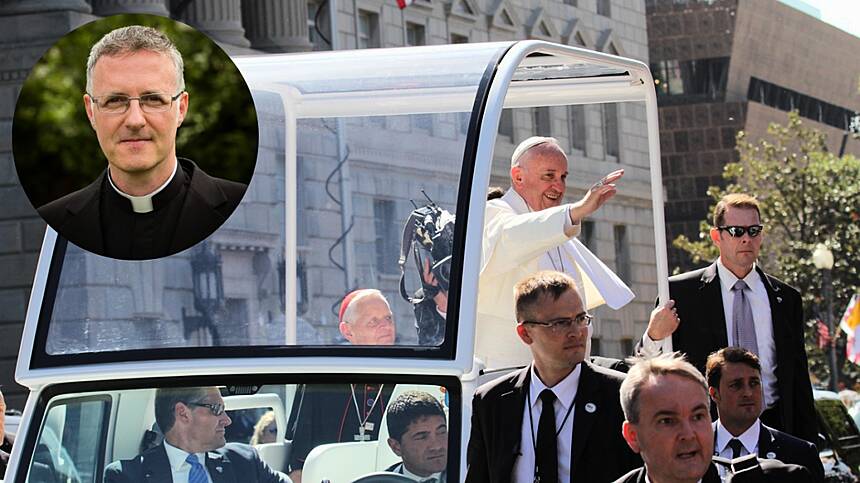Galway Bay fm newsroom - There have been no new deaths reported to the Health Protection Surveillance Centre today.
There has now been a total of 1,776 COVID-19 related deaths in Ireland.
As of midnight Thursday 20th August, the HPSC has been notified of 79 confirmed cases of COVID-19. There is now a total of 27,755 confirmed cases of COVID-19 in Ireland.
Of the cases notified today;
- 39 are men / 40 are women
- 73% are under 45 years of age
- 30 are confirmed to be associated with outbreaks or are close contacts of a confirmed case
- 21 cases have been identified as community transmission
- 43 in Dublin, 9 in Kildare, 6 in Cork, 6 in Tipperary and the remaining 15 cases are in Clare, Donegal, Laois, Limerick, Louth, Mayo, Roscommon, Wexford and Wicklow.
The HSE is working to identify any contacts the patients may have had to provide them with information and advice to prevent further spread.
The COVID-19 Dashboard provides up-to-date information on the key indicators of COVID-19 in the community.
Dr. Ronan Glynn, Acting Chief Medical Officer, Department of Health, said;
“Firstly I would like to thank the people of Kildare, Laois and Offaly, you have shown an incredible example of solidarity and social responsibility by following the enhanced public health advice for your region. Your actions have saved lives. The epidemiological situation in Kildare means that we must extend the public health measures for a further two weeks. While there is some cause for optimism, the 7 and 14 day incidence rates in Kildare remain very high. Evidence suggests that the measures are working, but more time is required to reduce the number of cases in Kildare.
“We as a nation must show solidarity with Kildare in our collective efforts, especially over the next two weeks, by working together to suppress this virus. We can protect each other by following the public health advice. I am asking all households across Ireland to play your part, reduce your social contacts, wash your hands, keep a 2m distance from each other and wear a facecovering in shops and on public transport. These actions are vital to protect our families and safeguard those who are most vulnerable to the disease.”







